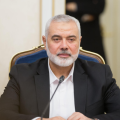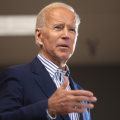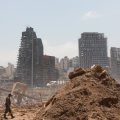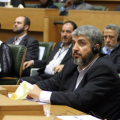Middle East Escalation: Iran and Hezbollah’s Retaliation Against Israel’s Assassination of Hamas Leader
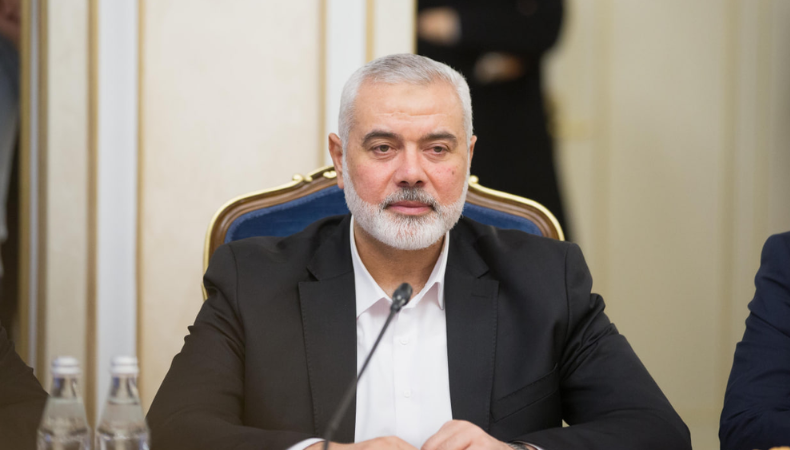
Iran has labelled the killing of political leader Ismail Haniyeh of Hamas as terrorism and strongly denounced it. Iranian authorities have promised a “harsh response” to what they believe to be Israel’s aggressive escalation. This denunciation emphasizes Iran’s position and its will to assist its friends in the area. The language of the Iranian leadership has gotten more aggressive, mirroring the higher tensions and likelihood of more reprisals.
Hezbollah’s Activities
Deeply anchored to Iran, Hezbollah has been heavily involved in the reprisal. Targeting both military and civilian targets, the organization fired about two hundred missiles into northern Israel. Indicating a dramatic escalation of the conflict, this attack ranks among the most important escalations in recent years. Hezbollah’s activities show its capacity and eagerness to participate in protracted combat operations, therefore greatly increasing the consequences in the current conflict.
Israeli Attacks
Airstrikes in Lebanon
Israel has launched a sequence of strikes targeted at Hezbollah locations in southern Lebanon in reaction to the missile launches. According to reports, these strikes have destroyed multiple important Hezbollah facilities, therefore underscoring Israel’s strategic military reaction to the escalation. The airstrikes are unambiguous evidence of Israel’s preparedness to neutralize dangers and establish its defensive posture.
Damage and Casualties
Reports of at least 12 persons dead and many more injured from the airstrikes point to major losses. The strikes’ devastation of infrastructure in the targeted locations has caused great damage, aggravating the humanitarian situation and driving the conflict even more. The death and damage highlight the extreme influence of the military operations on both sides.
Global responses
US and worldwide response
The United States has demanded moderation from all the engaged parties. Secretary of State Antony Blinken has encouraged Israel to use caution in its military reactions and Iran and Hezbollah to refrain from such provocations. With diplomatic initiatives meant to stop more escalation, the world community is keenly watching the matter.
Regional Influence
Neighboring nations have major worries about the escalation since they worry that the conflict might spread over a larger regional war. Emphasizing the need of diplomatic solutions to stop more instability in the region, nations like Jordan and Egypt have demanded quick de-escalation and communication. There is great possibility for a more general war endangering regional peace and security.
Keep On Reading
Future Effects
Humanitarian Disaster
The continuous war can aggravate the already severe humanitarian situation in the area. Already thousands of people have been displaced; ongoing violence might cause more displacement and suffering. Humanitarian organizations are on constant watch, ready to meet the rising needs of impacted people.
Political Afterglow
There are probably major political consequences for the fight both inside the country and beyond. It might affect diplomatic ties and shape the policies of big Middle Eastern countries engaged. The future dynamics of the conflict and its resolution will be shaped by the acts and reactions of regional and worldwide participants. The political scene is ready for changes as players negotiate the complexity of the growing scenario.
Watching attentively and advocating for de-escalation and peaceful conclusion, the world community helps to shape the events. The possibility for great influence emphasizes the need of diplomatic interaction and humanitarian factors in resolving the crisis.

